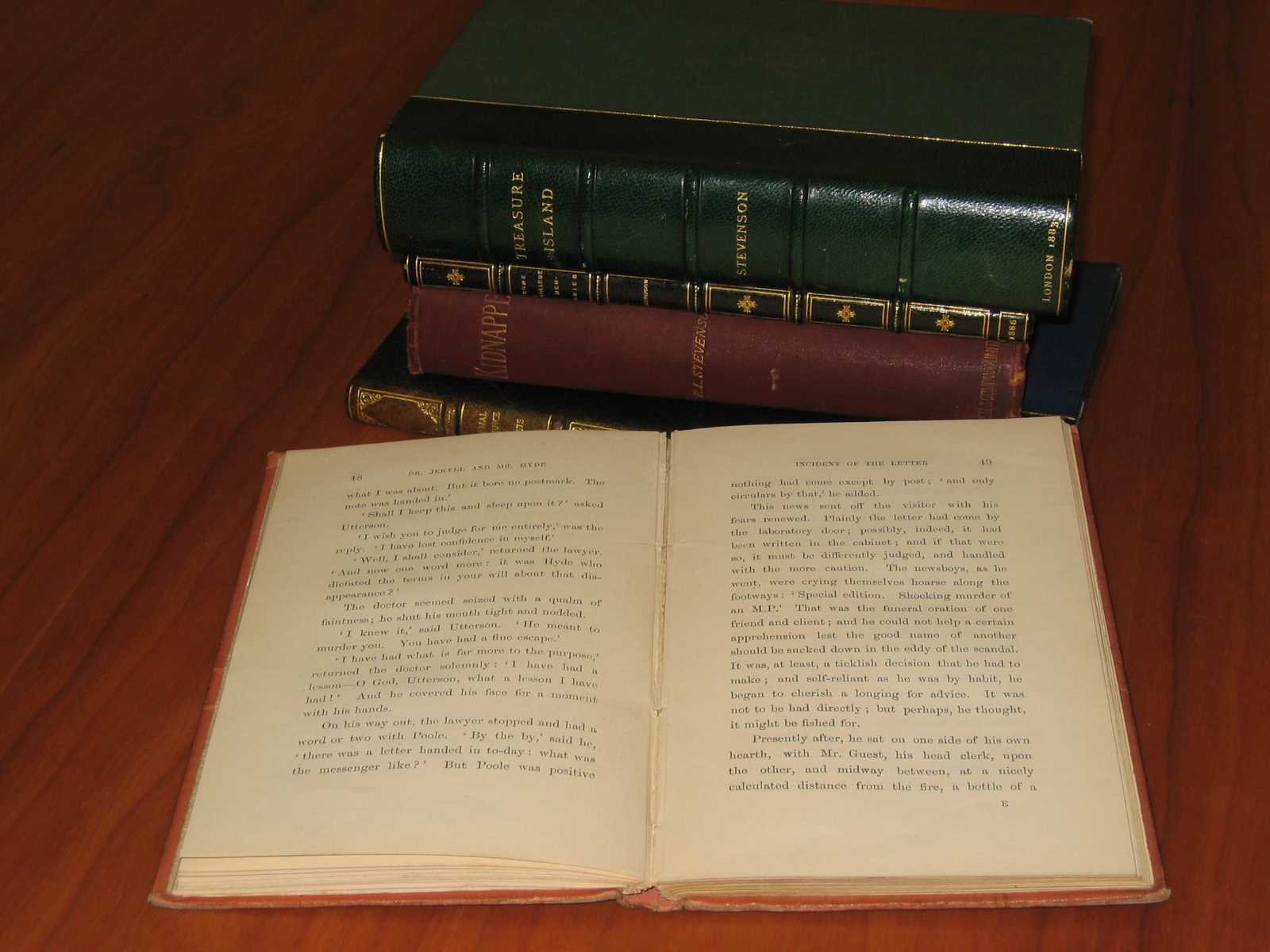Files
Download Full Text (42.8 MB)
Description
On November 27, 1868, the 7th U.S. Cavalry, under Lieutenant Colonel George A. Custer, stormed a village of Southern Cheyenne at the Washita River in West Oklahoma, establishing a massacre. There were said to be at least 103 deaths, mainly women and children. The village was run by Black Kettle, a well-known peace chief, who for his whole life was committed to a friendly relationship with the white man. He had survived the massacre at Sand Creek in 1864, when the Colorado militia had slaughtered his village despite the banner of the stars and a white peace flag. He died at Washita. G.A. Custer, the "Boy General" of the Civil War, had a reputation as a youthful hero. He was regarded as a contemptuous man, ruthless and vain, but also a charismatic officer. With the massacre at Washita, Custer founded his fame as an "Indian warrior." In fact, it was the only "great victory" in the War on the Prairies, and the fact that he abandoned a troop of his regiment under Major Elliott Fury of Cheyenne became a source of constant distrust from other staff officers. Among the Indians, Custer was regarded as a "woman murderer". This book documents the cruel life of the Washita, its background, and persons, acting carefully and with a variety of eye-witness records. A scientifically sound, exciting, and moving study.
Table of Contents
Custer und Black Kettle
Custer führt die 7. Kavallerie
Black Kettle und die Suche nach Frieden
Custers Vorbereitungen eines Winterfeldzuges
Der Feldzug
Der Angriff
Die Schlacht
Bilanz der Schlacht und Abzug des Regiments
Die Nachwirkungen
Verzeichnis der Anmerkungen
Bibliographie
Keywords
Battle of the Washita, George Armstrong Custer, Frederick Benteen, Black Kettle, Cheyenne Indians—Wars, 7th Cavalry
Language
German
ISBN
3-89510-062-5
Publication Date
1999
Rights
http://lib.byu.edu/about/copyright/
Copyright Status
© 1999 Verlag Für Amerikanistik
College
Harold B. Lee Library
Department
History


